Empress Dowager Tu Hy likes to put chrysanthemum petals into hot pot, do eunuchs and maids enjoy the Emperor's leftovers?
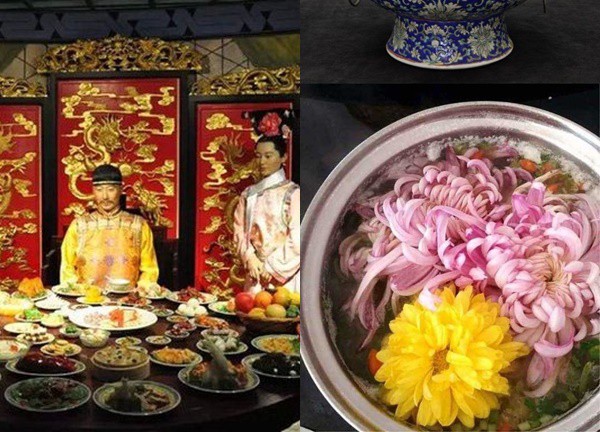
3 | 0 Discuss | Share
According to Qing history, during the reign of King Qianlong, the most literary cases occurred. Among them, it is impossible not to mention the two most famous cases: "Black Peony Exam" and "Nhat Lau Thi Tap".
At the age of twenty, Qian Long collected his poems and essays into the book "Lac Thien Duong Tap". After ascending the throne, Qianlong paid special attention to the field of culture, opening the Hong Tu scholarly examination department to select talented writers. As an emperor who loved poetry, Qianlong composed a total of more than 40,000 poems.
Next to Qianlong, there were always two mandarins who were responsible for editing literature, poetry, and edicts for the emperor. These two people are Ky Hieu Lam and Tham Duc Tiem, both famous scholars who are highly educated and talented. Later, Tham Duc Tiem passed away, and another mandarin, Luong Thi Chinh, took that position.
Tham Duc Tiem (1673-1762) was a poet who lived during the Qianlong period, whose name was Quy Ngu. He is from Changzhou (Jiangsu province). Tham Duc Tiem received his doctorate during the Qianlong period, and held the positions of Border Guard, Cabinet Scholar and Minister of Rites.
When he was still a mandarin, Tham Duc Tiem gathered his 60 years of writings and compiled them into the book "Quoc Trieu's Special Talent Collection". He offered and asked Qianlong to write a preface for the collection of poems.
Qian Long read Tham Duc Tiem's poetry collection and immediately discovered that there were many poems containing forbidden words. There are even poems that mention Than Quan Vuong Dan Hi (Qian Long's uncle), but directly use the customary name Dan Hi to address him, which in feudal times was considered a violation.
Although Qian Long was angry, because he admired Tham Duc Tiem's talent, he let it go and did not punish him. However, Qian Long later did not use Tham Duc Tiem anymore.
After Tham Duc Tiem died, Qian Long ordered to find all the poems written by Tham Duc Tiem and bring them back to read.
Qian Long then discovered that all the poems he had composed and given to Tham Duc Tiem to copy, which should not have been distributed without permission, had been edited and hidden in Tham Duc's house. Potential. Even more infuriating, under those poems, he also added three words "great emperor" (representing the king).
Furthermore, in "Quy Ngu Thi Tap" composed by Tham Duc Tiem, Can Long also read a poem titled "Black Peony Thi". There are two verses describing black peonies, as follows:
"Obtain the true beauty of Chu Phi
Heron of the different breed is crowned king"
Does that mean:
"Stealing red from peonies is not the main color
Strange flower variety that is also considered the king of peonies.
Literally that is the case, but Qianlong believes that Tham Duc Tiem's poem intentionally hinted at the story of the Qing Dynasty robbing the Zhou family (Ming Dynasty). In addition, it also insults the Manchu people.
Qian Long was therefore extremely angry and immediately ordered the burial and beheading of Tham Duc Tiem's body. All of Tham Duc Tiem's descendants were forced into exile.
There is another famous literary case, "Nhat Lau Thi Tap" by a famous and talented artist in Duong Chau, named Tu Thuat Quynh. In the poetry collection there is a poem called "Chinh Duc Loi Thi".
The poem describes the Chinh Duc wine cup, however, Chinh Duc is also the era name of Emperor Minh Vu Tong of the Ming Dynasty. There are two verses as follows:
"The Great Heavenly Son meets each other
Release the fox girl from the border"
Does that mean:
"If I could meet the wise king one more time
Then please put that wine gourd aside."
This poem was interpreted by Qianlong in a rebellious sense as follows, "releasing the Ho Nhi" means expelling the Ho barbarians (referring to the Qing Dynasty) out of the border, in order to "meet each other" and meet again. Emperor of the Ming Dynasty.
Tu Thuat Quynh's grave was later exhumed by Qianlong, and his descendants were exiled or drafted into the army.
According to statistics, during Qianlong's reign, literary crimes occurred a lot, with a total of 2,320 types of books banned, 345 types of books were burned, and 476 types of books had their content edited.
Because we are worried that such works with "anti-Qing and Ming" ideology are too numerous and cannot be controlled. Qianlong devised a way to compile a huge set of books, called the Complete Book of Four Archives, synthesizing all the books in all fields in the world from ancient times to the present.
During the process of synthesizing and compiling the Four Archives, if any book is found to have inappropriate or rebellious words, it will be edited or burned.
The Four Archives is the largest encyclopedia in Chinese feudal history. This set of books was assigned by Emperor Qianlong to 361 scholars to compile, the main responsible being Ky Hieu Lam, in addition to great scholars such as Luu Thong Huan, Vu Man...
The Complete Book of Four Archives consists of 4 main parts, namely Sutras, History, Deaths, and Collections. The book collection collects over 10,000 manuscripts from books of Chinese feudal dynasties. Including all fields: Natural sciences, social sciences, history, philosophy and literature and arts.
Compilation of the Complete Book of Four Archives began in 1973 and was not officially completed until 1782. In total, the book series has 79,337 books, divided into 3503 categories, 2.3 million pages and about 800 million words.
Along with the compilation of the Complete Book of Four Archives, the amount of books that Qianlong burned was also very large. According to Shohu's statistics, within 10 years of compiling the Four Archives, Zhejiang province organized book burning 24 times, more than 500 types of books, with over 10,000 sets of books burned. Jiangxi province also burned over 8,000 sets of books of all kinds.
The total number of books burned throughout China during Qianlong's reign was over 700,000. Without a doubt, Qianlong was the emperor who burned the most books in Chinese and world history.
Writer Lu Xun once commented on Qianlong's act of burning books as follows:
"Just looking at the tricks of the Yongzheng and Qianlong dynasties against Chinese works can make people scared. Burning the whole thing, burning part of it, cutting it off is still not worth mentioning, the scariest thing is changing it." change the content of previous documents.
When Qianlong compiled the Complete Book of Four Archives, many people praised it as creating a lifetime of industry, but they not only reversed the style of ancient literature but also changed the content of ancient books.
After that, they not only kept it in the palace but also distributed it widely so that scholars all over the world could read it. Making future generations forever unable to see the real faces of the authors."
It can be said that the compilation of Qianlong's Complete Book of Four Archives is both a merit and a crime for Chinese culture.
Empress Dowager Cixi was pregnant at the age of 46. The royal physician accidentally congratulated her and immediately "faded"? 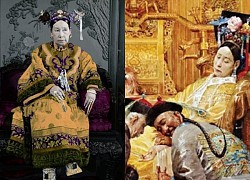 Đình Như16:22:26 31/01/2024Empress Dowager Cixi was a famous powerful woman of the Qing Dynasty. Many word-of-mouth reports say that she secretly raised favored men in the harem, even to get pregnant. However, no physician dared to reveal this news.
Đình Như16:22:26 31/01/2024Empress Dowager Cixi was a famous powerful woman of the Qing Dynasty. Many word-of-mouth reports say that she secretly raised favored men in the harem, even to get pregnant. However, no physician dared to reveal this news.

3 | 0 Discuss | Share
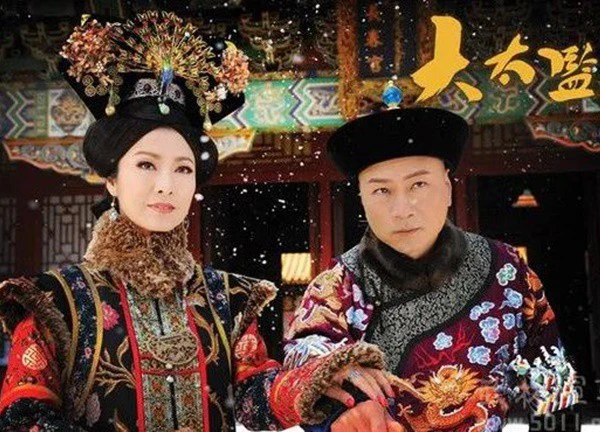
3 | 1 Discuss | Share
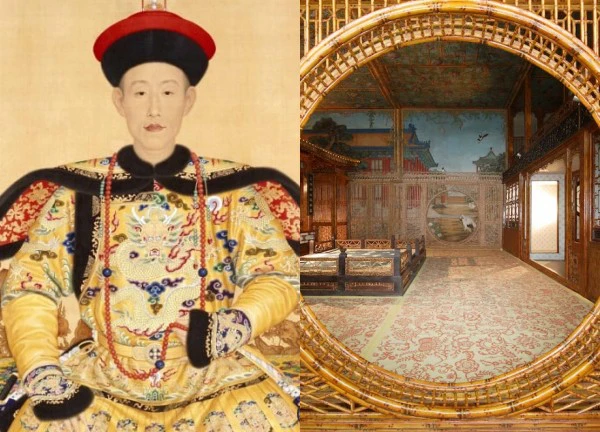
1 | 1 Discuss | Share
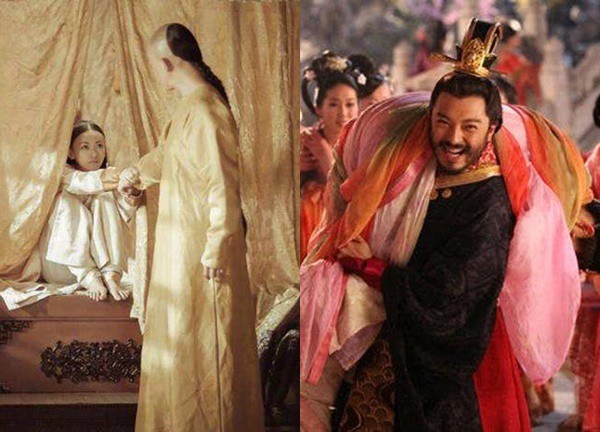
3 | 1 Discuss | Share
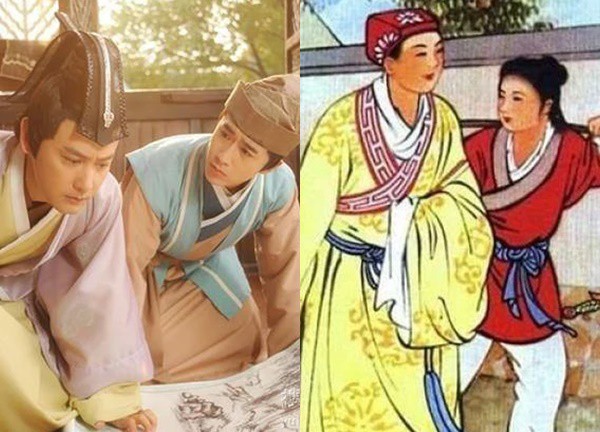
4 | 1 Discuss | Share
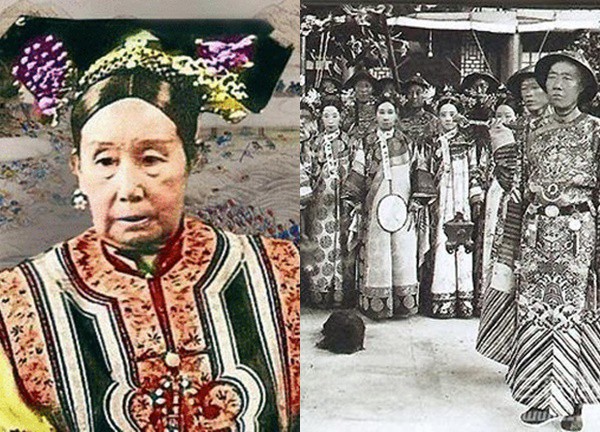
7 | 1 Discuss | Share
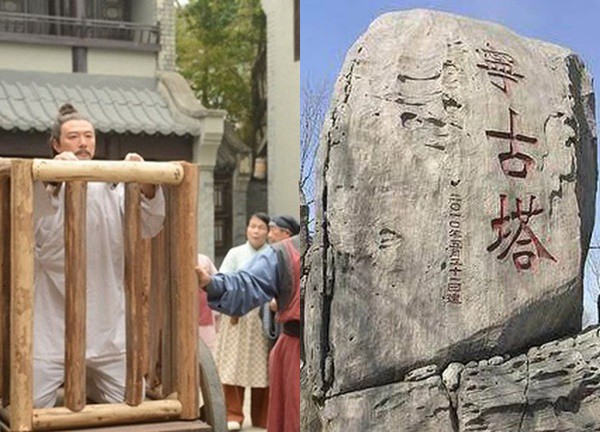
2 | 1 Discuss | Share
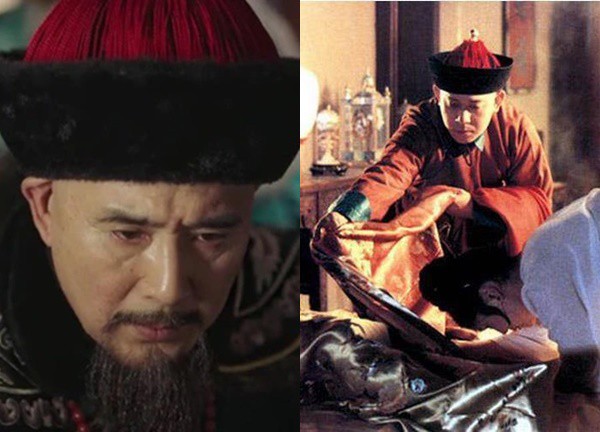
1 | 1 Discuss | Share
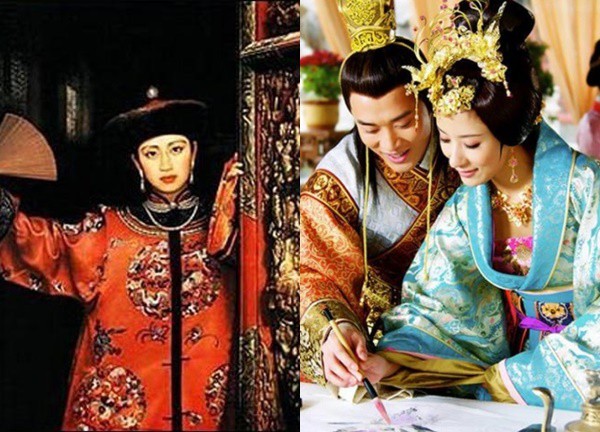
2 | 1 Discuss | Share
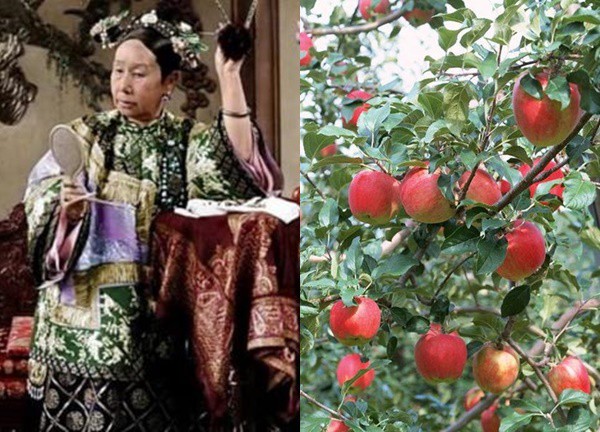
5 | 1 Discuss | Share
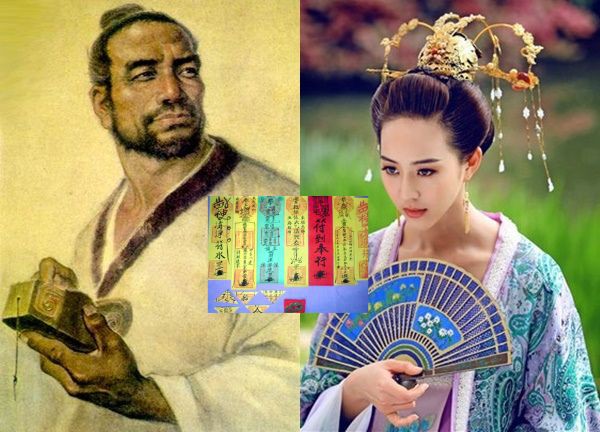
2 | 1 Discuss | Share
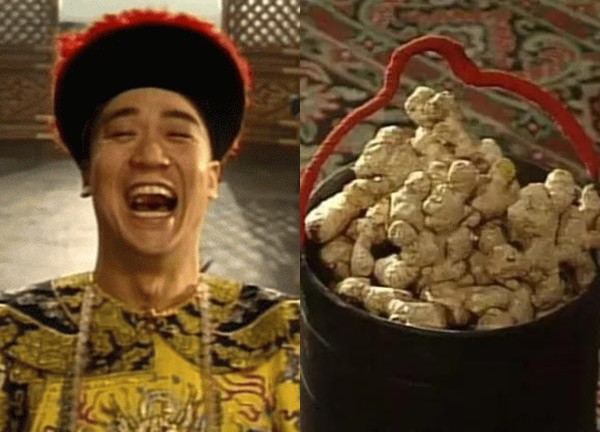
3 | 1 Discuss | Share
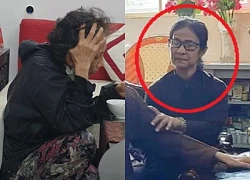



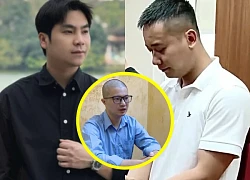
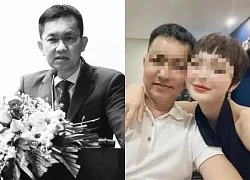
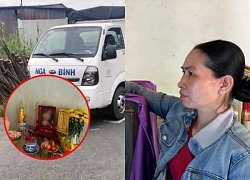
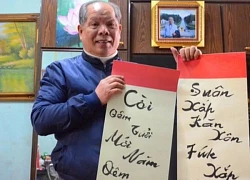


2 | 1 Discuss | Report